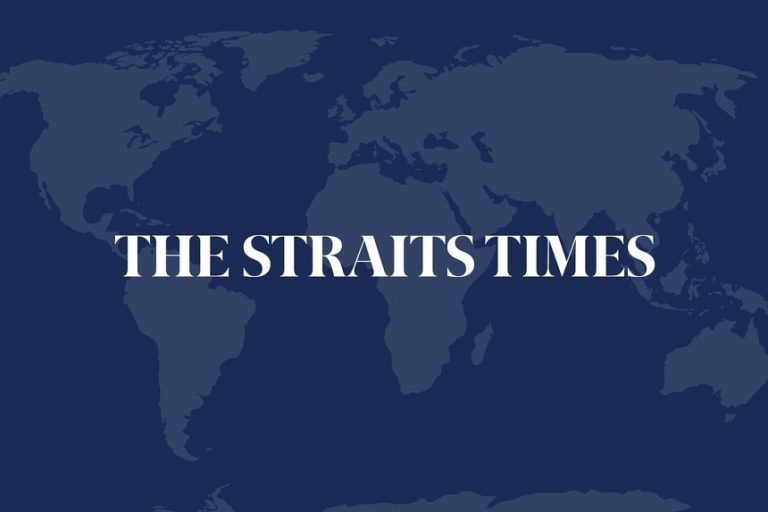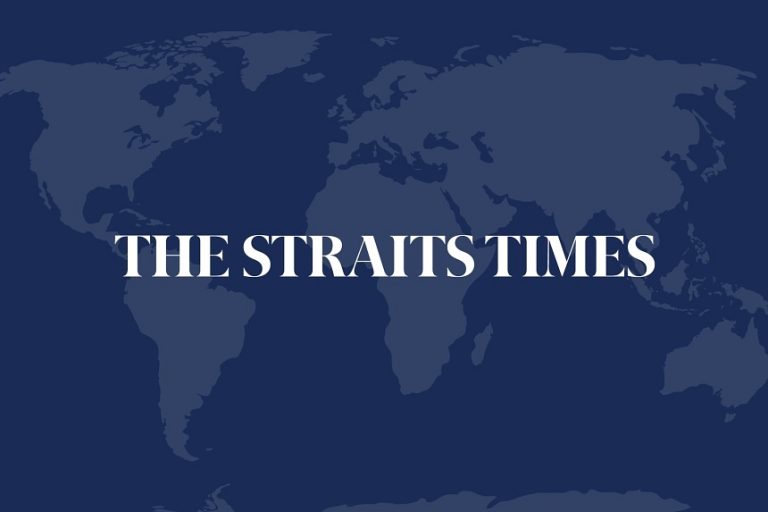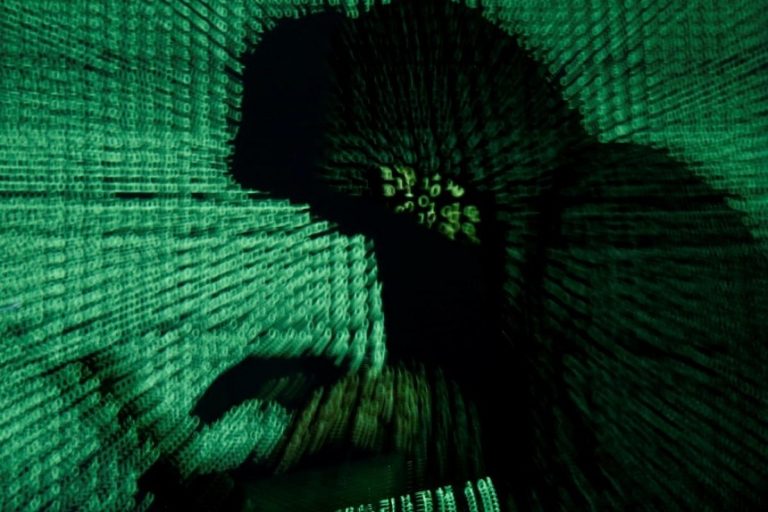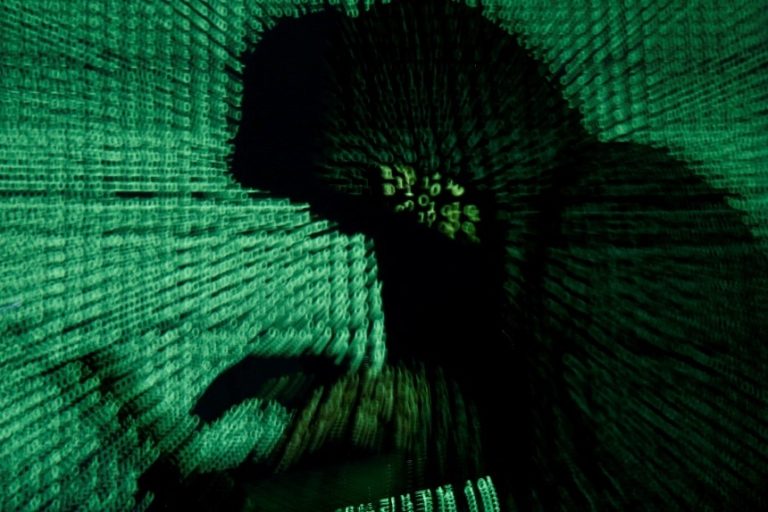
Similar Posts

HELSINKI – A fibre optic communications cable linking Finland and Germany along the seabed has stopped working and may have been severed by an outside force, Finnish state-controlled cyber security and telecoms network company Cinia said on Monday.
The 1,200 km (745 miles) C-Lion1 cable running through the Baltic Sea from Finland’s capital Helsinki to the German port of Rostock malfunctioned just after 0200 GMT, the company said.
The sudden outage implied that the cable was completely severed by an outside force, although a physical inspection has not yet been conducted, Cinia’s Chief Executive Ari-Jussi Knaapila told a press conference.
The damage occurred near the southern tip of Sweden’s Oland island and could typically take between five and 15 days to repair, he added.
Cinia said it was working with authorities to investigate the incident.
Last year a subsea gas pipeline and several telecoms cables running along the bottom of the Baltic Sea were severely damaged in an incident raising alarm bells in the region.
Finnish police investigating the 2023 case have named a Chinese container ship believed to have dragged its anchor as a prime suspect, but have not said whether the damage was believed to be accidental or done with intention.
In 2022 the Nord Stream gas pipelines linking Russia to Germany in the Baltic Sea were destroyed by explosions in a case that remains under investigation by German authorities. REUTERS

We spend so much of our lives online but have we thought about what will happen to our digital trails and assets when we die?
It is a question that came up for husband-and-wife content creators Muhammad Alif Ramli and Liyana Syahirah Ismail Johari.
 Content creators Liyana Syahirah Ismail Johari and Muhammad Alif Ramli documented their journey in seeking help to manage digital assets.
Content creators Liyana Syahirah Ismail Johari and Muhammad Alif Ramli documented their journey in seeking help to manage digital assets.
They realise, for example, if no clear instructions are left behind, not knowing the passwords or about dormant accounts on long-forgotten platforms can pose problems.
It is especially important, given Mr Alif’s medical history.
When Mr Alif was 10, he was diagnosed with rhabdomyosarcoma, a soft tissue cancer. He underwent multiple chemotherapy cycles and nine surgical operations, which the 28-year-old described as a “close-to-death experience”, before he recovered.
In the fourth episode of The Straits Times’ docuseries Let’s Talk About Death, Mr Alif and Ms Liyana, 27, seek help from experts to consolidate their digital assets.
They speak to a cyber security expert to find out how to best manage their passwords. They also talk to a lawyer who specialises in digital assets to look into protecting their social media accounts, which may generate revenue in the future.
Finally, Mr Alif and Ms Liyana also attempt to write their wills with the help of artificial intelligence tools, with the key question being: Will they be valid under syariah law?
Let’s Talk About Death is a five-episode docuseries that follows several millennials and their loved ones as they navigate end-of-life planning, and it starts honest conversations about death and dying well.

WASHINGTON – The woman who dubbed herself the “Crocodile of Wall Street” and “Razzlekhan” in rap videos was ordered to serve 18 months behind bars for helping her hacker husband launder cryptocurrency he stole from the Bitfinex exchange.
Heather Morgan, 34, was sentenced on Nov 18 in Washington federal court. Last week, her husband, Ilya Lichtenstein, got five years in prison for his role in the scheme, which stemmed from his 2016 hack of the exchange and the theft of Bitcoin currently worth billions of dollars. Both pleaded guilty last year.
Morgan wasn’t involved in the hack, and her husband said he recruited her to help hide the loot he’d stolen. They could have faced more prison time, but he agreed to aid the United States in other crypto prosecutions and she persuaded him to cooperate with the authorities.
The Verge, which called her “crypto’s most embarrassing rapper”, said she made crypto-themed rap videos under the name Razzlekhan. The whole story is expected to be immortalized in a Netflix documentary series and a film called Dutch & Razzlekhan, the tech news website said.
According to prosecutors, Morgan and Lichtenstein engaged in complex money-laundering techniques, including creating accounts under fictitious identities, moving the stolen proceeds in small amounts, and breaking up the trail of transactions by depositing and withdrawing funds from crypto exchanges and darknet markets. They purchased nonfungible tokens, gold and Walmart gift cards, court records show.
At the time of the hack, the stolen Bitcoin was worth about US$71 million (S$95 million). Now it’s valued in the billions of dollars as the price of Bitcoin has surged from US$580 to more than US$90,000. The couple laundered 21 per cent of what was stolen in the Bitfinex hack, according to the government. BLOOMBERG
The World Health Organisation (WHO) and some 50 countries issued a warning on Nov 8 at the United Nations about the rise of ransomware attacks against hospitals, with the United States specifically blaming Russia.
Ransomware is a type of digital blackmail in which hackers encrypt the data of victims – individuals, companies or institutions – and demand money as a “ransom” in order to restore it.
Such attacks on hospitals “can be issues of life and death,” according to WHO head Tedros Adhanom Ghebreyesus, who addressed the UN Security Council during a meeting on Nov 8 called by the United States.
“Surveys have shown that attacks on the healthcare sector have increased in both scale and frequency,” Dr Ghebreyesus said, emphasising the importance of international cooperation to combat them.
“Cybercrime, including ransomware, poses a serious threat to international security,” he added, calling on the Security Council to consider it as such.
A joint statement co-signed by over 50 countries – including South Korea, Ukraine, Japan, Argentina, France, Germany and the United Kingdom – offered a similar warning.
“These attacks pose direct threats to public safety and endanger human lives by delaying critical healthcare services, cause significant economic harm, and can pose a threat to international peace and security,” read the statement, shared by US Deputy National Security Advisor Anne Neuberger.
The statement also condemned nations which “knowingly” allow those responsible for ransomware attacks to operate from.
At the meeting, Ms Neuberger directly called out Moscow, saying: “Some states – most notably Russia – continue to allow ransomware actors to operate from their territory with impunity.”
France and South Korea also pointed the finger at North Korea.
Russia defended itself by claiming the Security Council was not the appropriate forum to address cybercrime.
“We believe that today’s meeting can hardly be deemed a reasonable use of the Council’s time and resources,” said Russian ambassador Vassili Nebenzia.
“If our Western colleagues wish to discuss the security of healthcare facilities,” he continued, “they should agree in the Security Council upon specific steps to stop the horrific… attacks by Israel on hospitals in the Gaza Strip.” AFP

An Iranian hacking group is actively scouting U.S. election-related websites and American media outlets as election day nears, according to a new Microsoft blog published on Wednesday. Researchers say the activity suggests “preparations for more direct influence operations.”
The hackers – dubbed Cotton Sandstorm by Microsoft and linked to Iran’s Islamic Revolutionary Guard Corps – performed reconnaissance and limited probing of multiple “election-related websites” in several unnamed swing states, the report notes. In May, they also scanned an unidentified U.S. news outlet to understand its vulnerabilities.
“Cotton Sandstorm will increase its activity as the election nears given the group’s operational tempo and history of election interference,” researchers wrote. The development is particularly concerning because of the group’s past efforts.
Iran’s mission to the United Nations did not immediately respond to a request for comment. In recent past comments, they denied any involvement in 2024 election-related hacking activity.
In 2020, Cotton Sandstorm launched a different cyber-enabled influence operation shortly before the last presidential election. Posing as the right-wing “Proud Boys,” the hackers sent thousands of emails to Florida residents, threatening them to “vote for Trump or else!”.
The group also released a video on social media, purporting to come from hacktivists, where they showed them probing an election system. While that operation never affected individual voting systems, the goal was to cause chaos, confusion and doubt, senior U.S. officials said at the time.
Following the 2020 election, Cotton Sandstorm also ran a separate operation that encouraged violence against U.S. election officials who had denied claims of widespread voter fraud, Microsoft said.
The Office of the Director of National Intelligence, which is coordinating the federal effort to defend the election from foreign influence, did not immediately respond to a request for comment. REUTERS

WASHINGTON – Chinese state-affiliated hackers intercepted audio from the phone calls of US political figures including an unnamed campaign adviser of Republican presidential candidate Donald Trump, the Washington Post reported on Oct 27.
The FBI and the US Cybersecurity and Infrastructure Security Agency said on Oct 25 they were investigating unauthorised access to commercial telecommunications infrastructure by people associated with China.
Trump’s campaign and the FBI did not immediately respond to a request for comment.
The Post also reported the hackers were able to access unencrypted communications like text messages, of the individual.
Reuters reported on Oct 25 that Chinese hackers also targeted phones used by people affiliated with the campaign of Democratic presidential candidate Kamala Harris.
Trump and his running mate, J.D. Vance, were targeted, various media outlets reported last week.
The Trump campaign was made aware last week that Trump and Mr Vance were among a number of people inside and outside of government whose phone numbers were targeted through the infiltration of Verizon phone systems, the New York Times reported on Oct 25.
The Trump campaign was hacked earlier in 2024. The US Justice Department charged three members of Iran’s Revolutionary Guard Corps with the hack, accusing them of trying to disrupt the Nov 5 election.
Verizon said on Oct 25 it was aware of a sophisticated attempt to target US telecoms and gather intelligence and is working with law enforcement.
Congress is also investigating and earlier this month U.S. lawmakers asked AT&T, Verizon and Lumen Technologies to answer questions about reports Chinese hackers accessed the networks of U.S. broadband providers.
The Chinese embassy in Washington said last week it was unaware of the specific situation but said China opposes and combats cyber attacks and cyber thefts in all forms. REUTERS
